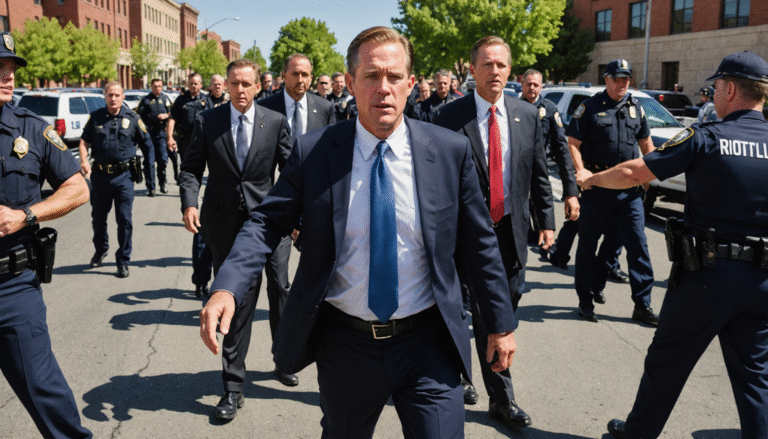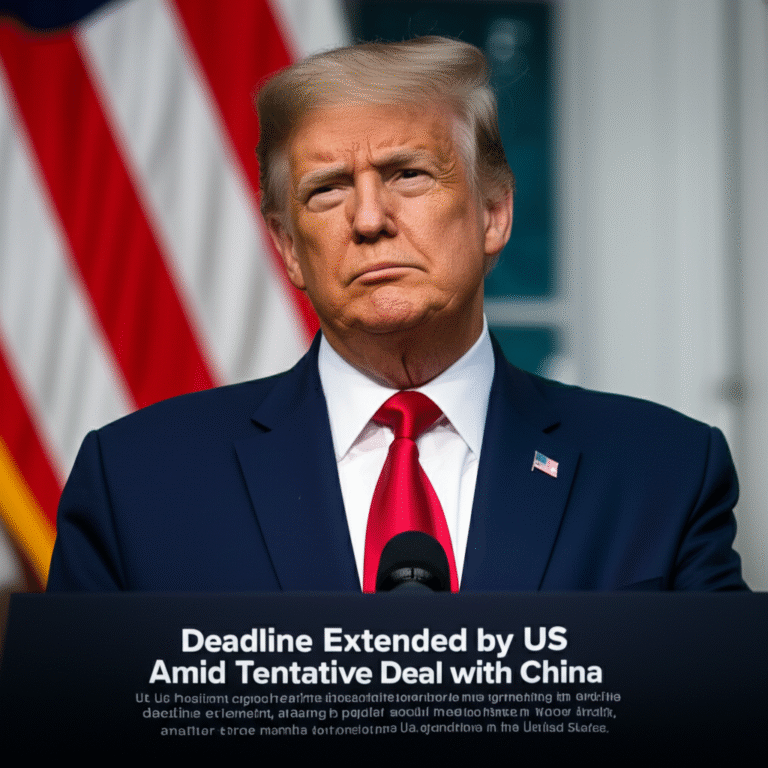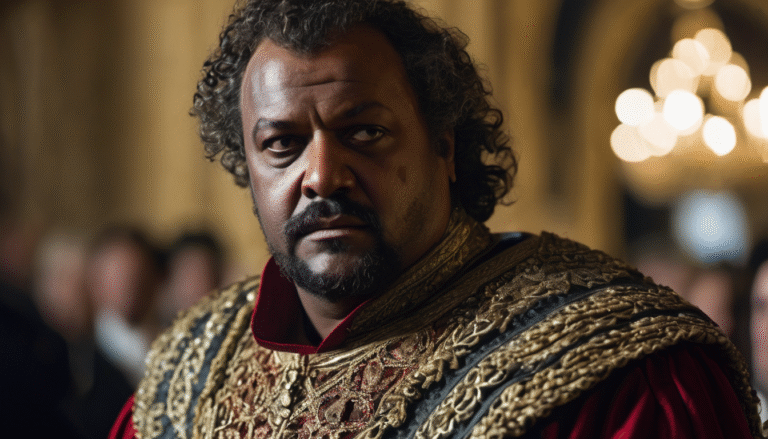
Upcoming Retirement of GAO Comptroller General Marks Key Transition
The Government Accountability Office (GAO), a pivotal federal agency responsible for auditing and evaluating government spending, is preparing for a significant leadership change. The current Comptroller General, who has served as the head of the GAO, is set to retire in the coming months. This transition comes at a critical time when the agency has been actively involved in scrutinizing the White House’s handling of congressional spending laws.
Role of the GAO and Its Comptroller General
The GAO serves as Congress’s watchdog, tasked with ensuring that taxpayer dollars are spent in accordance with the law and with efficiency. The Comptroller General leads the agency and holds a unique position, appointed for a 15-year term to provide nonpartisan oversight of federal financial management.
Over the years, the GAO has issued reports and rulings that have influenced budgetary decisions and held executive agencies accountable. The Comptroller General’s role is especially critical in interpreting and enforcing laws related to federal spending, including cases where the White House may have exceeded or misused appropriated funds.
Recent GAO Actions Under Current Leadership

Under the current Comptroller General’s tenure, the GAO has found instances where the White House violated congressional spending laws. These findings have underscored tensions between the executive branch and Congress regarding budget authority and the limits of presidential discretion in managing federal funds.
One notable area of contention has been the practice of impoundment, where the executive branch withholds or delays spending funds that Congress has appropriated. The GAO’s rulings have reinforced Congress’s constitutional power of the purse by declaring certain impoundments unlawful.
Why the Retirement Matters
The impending retirement of the Comptroller General creates a leadership vacuum at the GAO that could have broader implications. The appointment of a new Comptroller General is a process that requires careful consideration, as the individual will shape how the agency approaches oversight and interacts with both Congress and the White House.
Given the current political climate and ongoing debates over federal spending and budget enforcement, the new Comptroller General’s stance on these issues will be closely watched. The position’s independence and nonpartisan nature are crucial for maintaining trust in the agency’s work.
Potential Impact on Congressional Oversight and Executive Power
Observers note that the change in leadership could affect how aggressively the GAO challenges executive actions related to budgetary authority. Some analysts suggest that this transition might provide former President Donald Trump and his allies in Congress with new opportunities to influence spending decisions and executive oversight.
Trump and his supporters have previously criticized federal spending restrictions and have sought ways to expand executive flexibility in managing funds. A shift in GAO leadership could potentially alter the agency’s approach to enforcing spending laws, thereby impacting the balance of power between Congress and the executive branch.
The Appointment Process and Its Significance
The Comptroller General is appointed by the President from a list of candidates proposed by a bipartisan congressional commission. This process is designed to ensure that the appointee maintains the agency’s independence and commitment to nonpartisan oversight.
Once appointed, the Comptroller General serves a 15-year term, which provides stability and insulation from political pressures. However, the timing of the current retirement means that the selection process will unfold amid heightened political tensions and ongoing debates about federal budget priorities.
What to Watch Moving Forward
- Selection of the New Comptroller General: The choice will signal how Congress and the White House intend to approach federal spending oversight in the coming years.
- GAO’s Future Rulings: The agency’s decisions on impoundment and other budgetary issues will be closely monitored for shifts in interpretation or enforcement.
- Congressional-Executive Relations: The transition may influence the dynamic between legislative and executive branches, especially regarding control over federal funds.
As the GAO navigates this leadership change, its role as a guardian of fiscal accountability remains vital. The agency’s work affects not only government operations but also the public’s trust in how taxpayer money is managed.
Ultimately, the retirement of the Comptroller General is more than a personnel change; it represents a moment of potential recalibration in the oversight of federal spending and the ongoing balance of power within the U.S. government.
Source: How one bureaucrat’s retirement could give Donald Trump new sway over Congress






